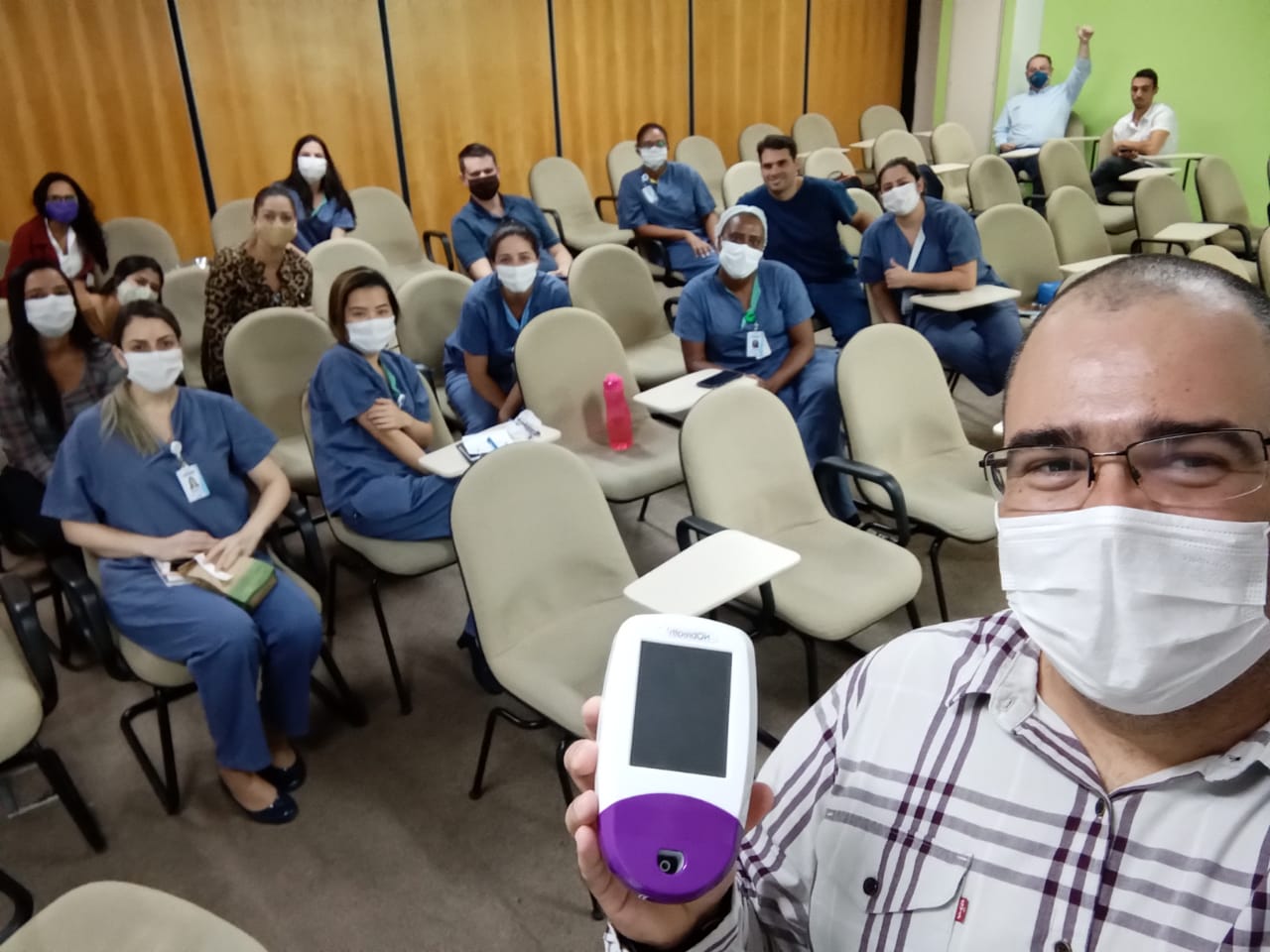Today is World Environment Day – an awareness day held
annually on June 5th and organised by the United Nations to encourage
consciousness and action for the protection of our environment – which is why
it is the perfect day to announce Bedfont® Scientific Ltd.’s #EcoResolution.
As the threat of global warming seems ever pertinent and
with technology making more people aware of climate change and its devastating
effect, more and more people are beginning to think about their impact on the
environment and so it only makes sense that as companies we should consider our
carbon footprints also, and how to reduce them.
If the past few months during lockdown have proven anything,
it is that nature is a wonderfully resilient thing; carbon emissions have fallen
sharply and the lower pollution levels and lack of human footfall have allowed
for the water in Venice to become clear enough for fish and even jellyfish to
be seen swimming in the canals, and for endangered sea turtles to have a rise
in population.
While the environment has been able to recover over a short
period of time, it makes one think how much of an impact we really have on
eco-systems and how we can make changes going forward to not reverse the good
that has come about.
At Bedfont®, we’ve always been conscious of our carbon
footprint, and today we are proud to announce our #EcoResolution to make all of
our consumables eco-friendly by 2025. This not only includes changing the
materials our consumables are made of, but also making changes throughout its
production lifetime to reduce our climate impact, including sourcing new
eco-friendly materials from sustainable resources.
We’re excited to share that our first step in making this
happen is by introducing our SteriBreath™ Eco mouthpiece. Whilst the current
polypropylene SteriBreath™ mouthpieces are recyclable, there are not many
facilities available to break down this grade 5 plastic. Unfortunately,
polypropylene also takes several years to break down naturally in landfills,
and because it is plastic, when incinerated it results in the release of toxic
fumes, which contribute to pollution levels.
It is, for this reason, we have conscientiously sought after
a way to provide more environmentally-friendly mouthpieces. The SteriBreath™
Eco is 100% made from paper and therefore it is 100% recyclable and 100%
biodegradable, including its packaging. Even better, all the materials are from
sustainable sources, meaning we are reducing our carbon footprint in even the
production phase.
It’s going to be a difficult
journey to change the norm of consumables in the medical device industry, but
like the story of the butterfly effect, the smallest changes can have the
biggest impacts.



